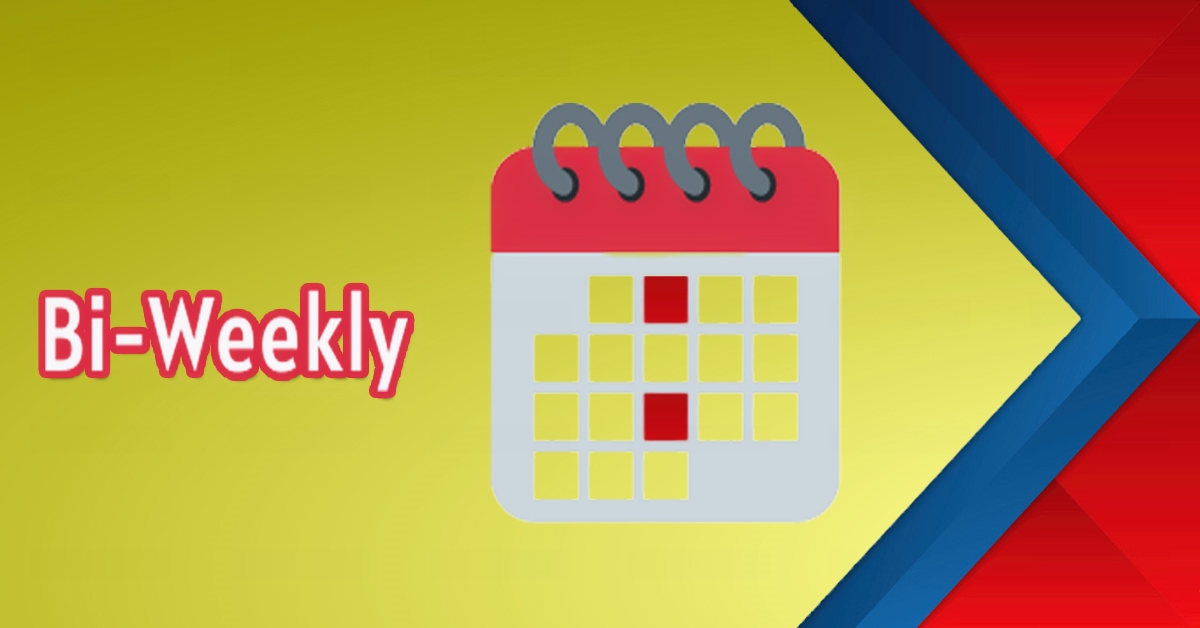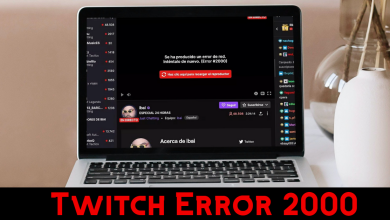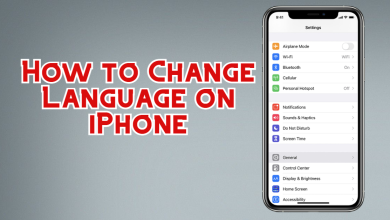How to Create Bi Weekly Budget Plan?

Making a budget plan and adhering to it can appear to be a staggering task. A bi weekly pay plan is exceptionally regular. However, it can be a little tricky from the beginning. If you are a gig specialist, you may not be able to plan your cash monthly. There are 52 weeks a year, and you may get 26 checks consistently, assuming you are paid every other week. Most of the months, you can get two salaries, yet you will get three wages for one year in two months.
What is Bi Weekly Pay?
A bi weekly budget plan is primary expertise if your payment is conflicting. On the other hand, if you are paid, it is the legitimate method for guiding your money each payroll period and arriving at your monetary objectives. It is a monthly spending plan, except that you will follow a more comprehensive and calculated approach.
Steps To Create a Bi Weekly Plan
Below are the steps to biweekly budget paychecks:
- Listing out all the bills
- Sort out your bills by using a bill pay calendar
- Build an emergency fund
- Set aside money for savings
- Writing a first biweekly budget
- Writing a second biweekly budget
- Track your spending
Listing Out All the Bills
Bi weekly budget planning is remarkable because paydays will be on various days of the week every month. Take a piece of paper and list every one of your bills, like the amount due and their due dates. Print out your most recent multi-month bank statements to ensure you miss no bills. Check every transaction and feature the bills that come out each month on your accounts list. When you understand what money you want, you will look in great shape to sort out yourself and your money to shake your month.
If you forget to add a monthly cost to your list, your whole budget plan can be misled. However, every project does not succeed, so countless individuals abandon their budget plans. If you are already prepared for your budget, you will likely follow. It is better to use the Recurring Bill worksheet to sort out and monitor all bills and fixed costs, including yearly, quarterly and monthly bills.
Sort Out Your Bills by Using a Bill Pay Calendar
Once you have listed all your bills, it is the best time to use Budget Calendar. That helps to keep your budget organized and on track. You will stay on top of the rest of the routine without any anomaly. The first thing to do is write down when you are getting paid. It is going to be your bi weekly income. After that, list your bills according to their due date on your budget calendar.
- If you want to be coordinated, feature every one of the bills that will be paid from your paycheck using one colour. These will be the bills covered during one pay cycle. Then feature every one of the bills that will emerge from your second paycheck with a different colour. You can split the expense into parts if you have a considerable cost.
- On the other hand, you can make automatic payments and savings contributions using a budget calendar. It is going to be valuable if your bills are automatically paid, and the rest of the bills are due.
- You can also set up special events and holidays in the budget calendar. It is an extraordinary opportunity to consider what exceptional events or holidays are coming up in the recent month.
Build an emergency fund
Paying debt is not the only thing you should consider with an extra paycheck. An emergency fund of three to a half year of your standard costs can assist you with enduring financial misfortunes like a loss of employment or health-related crisis without assuming new debt. Keeping these assets separate from your routine checking and bank accounts can assist you with keeping them reserved for the unforeseen. Places to keep your emergency payment include a high return investment account, endorsement of store, or currency market account. You can save two paychecks by moving your additional checks into your rainy-day account.
Set Aside Money for Savings
One of the mind-blowing habits you can adopt is saving cash from every paycheck towards your reserve funds. Assuming you get paid bi weekly, you will need to keep it every other week. To put something aside for an objective like another vehicle, home, or add to tax-advantaged retirement accounts, giving two complete checks out of 26 can be decent bargaining. “If a client is debt-free, he could zero in on another objective,” Deane says. Assume you have a budget goal in mind. If you are paid bi weekly, the budgeting hack is to move two more checks from your financial records to reserve funds or retirement accounts.
You might consider setting up automatic moves from your financial records to your bank account. It can be precious to make it straightforward to assemble a secret stash without thinking about it. Every piece makes a difference, whether it is only $10 weekly. $10 could appear to be a limited quantity. However, everybody needs to start somewhere. It can assist you with getting into the propensity for saving money and paying yourself first. Then, at that point, when your pay begins to develop, you can put more money towards your financial objectives.
Writing a First Biweekly Budget
When you finish your bill payment schedule, you will know which bills should be paid with your first paycheck. The very next thing you should do is add additional costs to your financial plans, like food, gas, and spending money. You will have an incorporated price before your next payday in your budget. Making a thorough financial plan will put you in a good position. If you have any cash left, you can send it to your sinking assets or make an additional payment towards debt. It can help you reach your savings and debt freedom goals quicker.
Writing a Second Biweekly Budget
After your subsequent check hits your ledger, you can pay your other monthly bills. The odds are that you have previously paid your lease and other massive monthly bills. Be that as it may, the money you have planned for your variable costs, such as essential foods, is nearly running out. Once more, what job does this money have to do before you get to pay again?
There are the following things you must include in your second bi weekly budget:
- Pay your other bills and fixed costs for the month.
- Add more cash to your monthly spending classifications, like groceries, gas, etc. Add enough that you will have to go on until you get your next paycheck.
- Think about impending bills due at the month’s start if your first check of the month doesn’t cover your vast bills. For example, you can follow the half-installment method for a lease or mortgage. In this method, you put your money in another bank to prevent spending on other things.
- You can save money or put it in your extra budget plan if money is left
Read More:
- Creating Audience Personas Using Facebook Insights – How To Plan On a Budget
- The Best Budgeting Apps Of 2022
- 6 Ways to Build a Brand on a Budget
Track your Spending
Once your bi weekly plan is composed, tracking your spending is fundamental. Following our costs and spending will give you a good idea of whether your financial plan is practical. It is normal to compose a financial plan that you believe is wonderful to find that you have blown your budget plan in seven days of payday. The following is the Monthly Expense Tracker worksheet you can use to track your costs. Here you will get it on paper:
- Date of the transaction
- Store or deception of the transaction
- The amount spent
- The fitting spending class that fits the budget
- If you use cash or a card to pay for the transaction
To keep things coordinated, you can use an alternate feature to highlight every one of the budgets for each spending classification. It makes it easy to see how much I spend for the month on food, clothing, excellence, etc. You will learn habits about yourself and your accomplice’s ways of managing money as you track your spending. These steps can help you to control your money. Tracking your spending permits you to confront your monetary truth. When you know precisely where your money is going, you will feel surer and in charge of your funds. It is the best advantage of knowing where your money is going.
Wrapping up
Composing a budget plan is very much like some other errand. You must keep practicing; the more you create a bi weekly budget, the simpler it will become. Give yourself time, and you will be a planning genius in a matter of moments. Searching for inspiration to quit living on a financial plan and finally pay off your debt for good? The primary and noteworthy planning and debt cheat sheet will assist you with returning your cash to normal once and for all.




